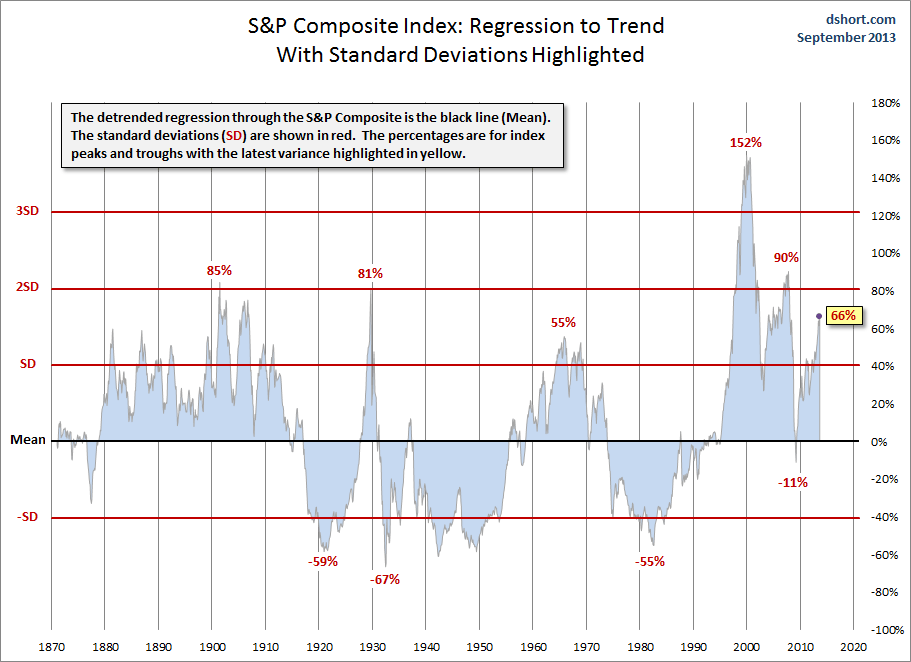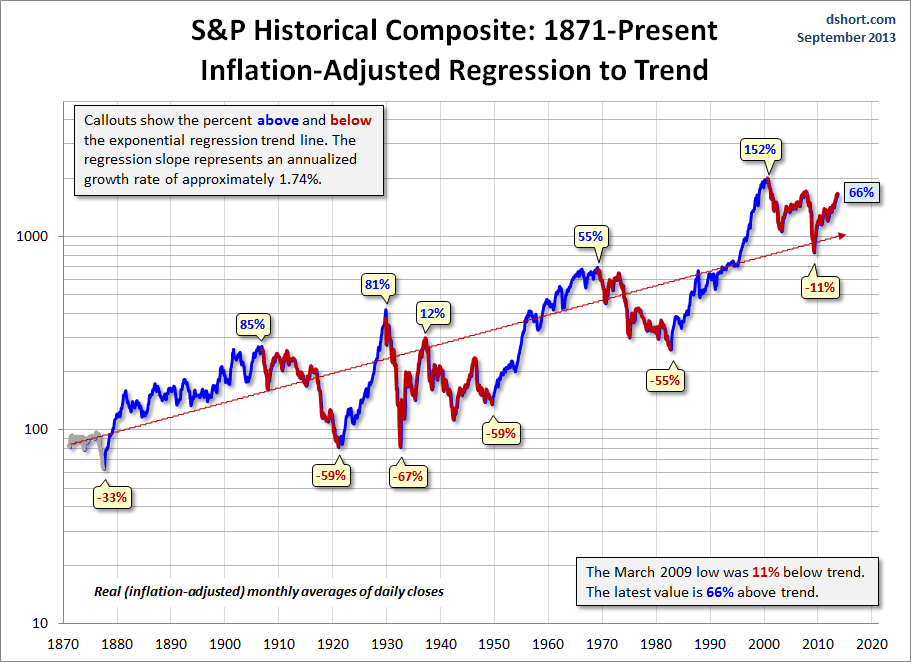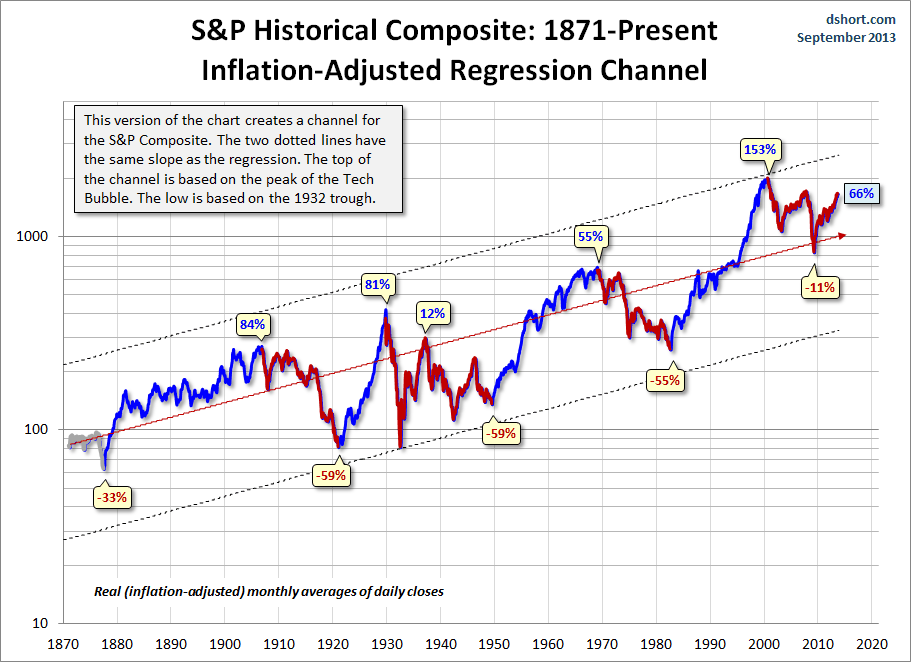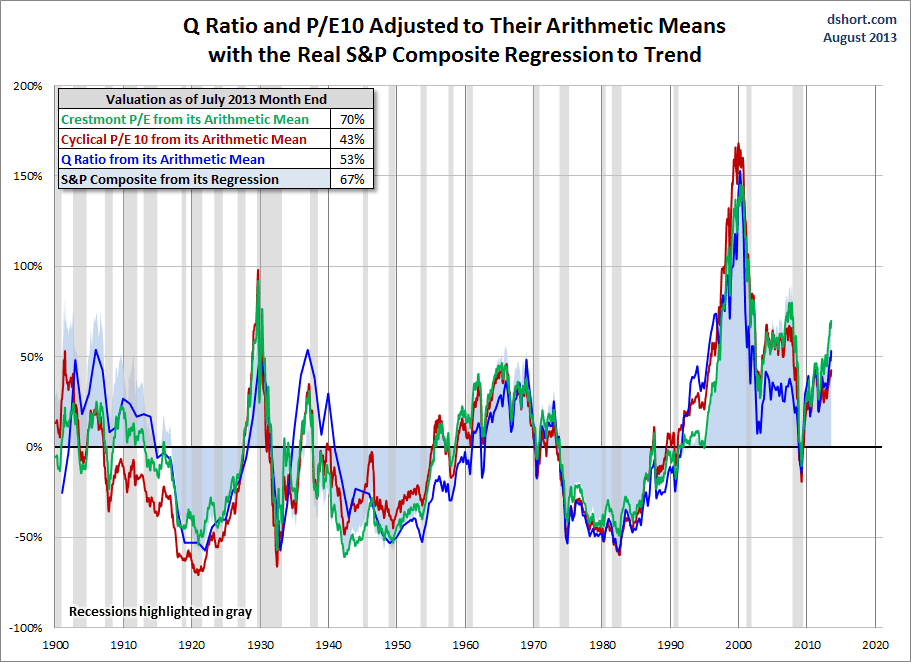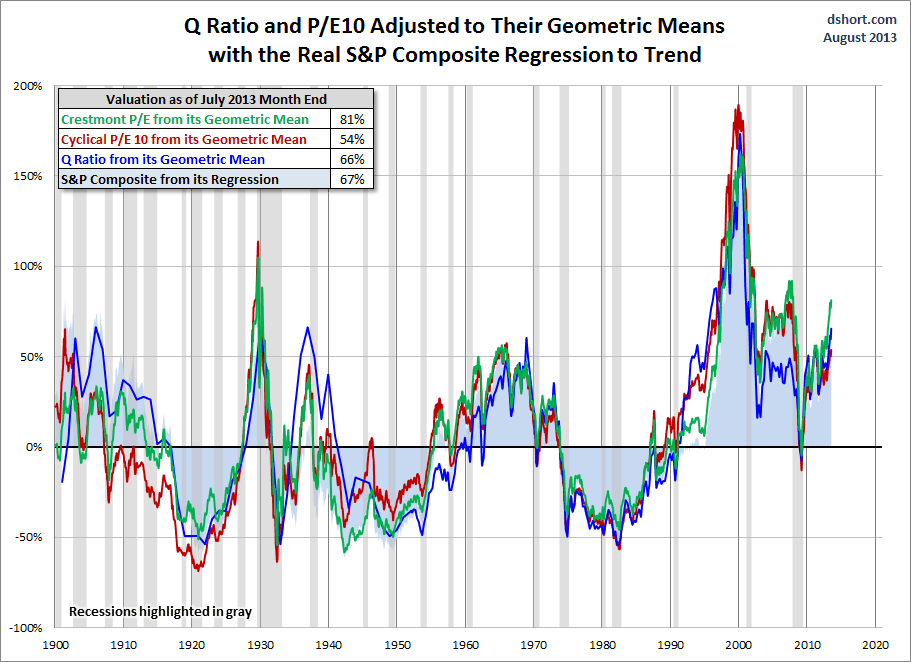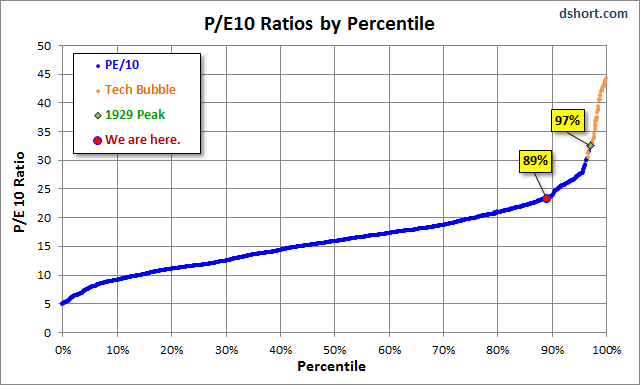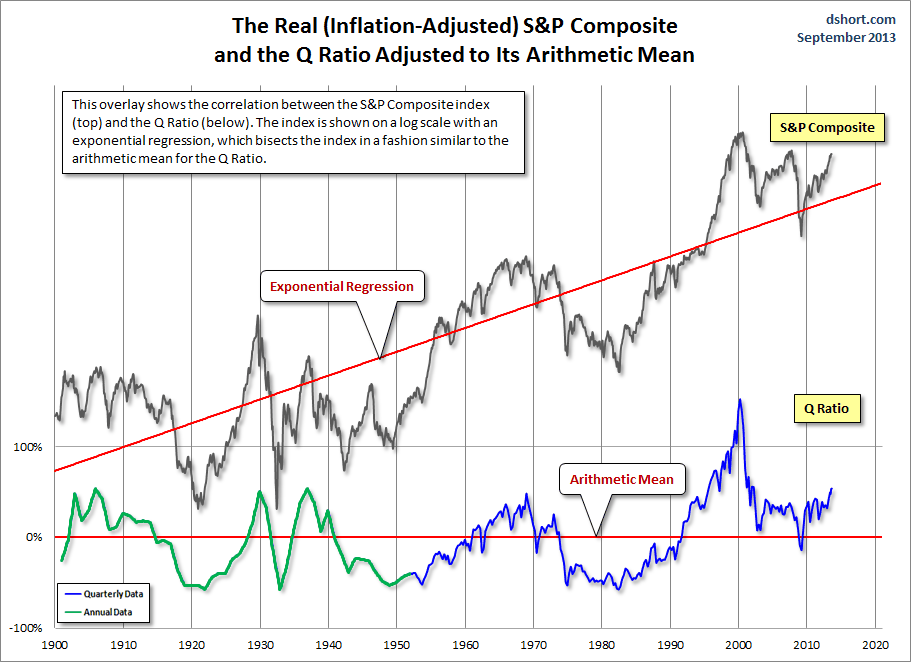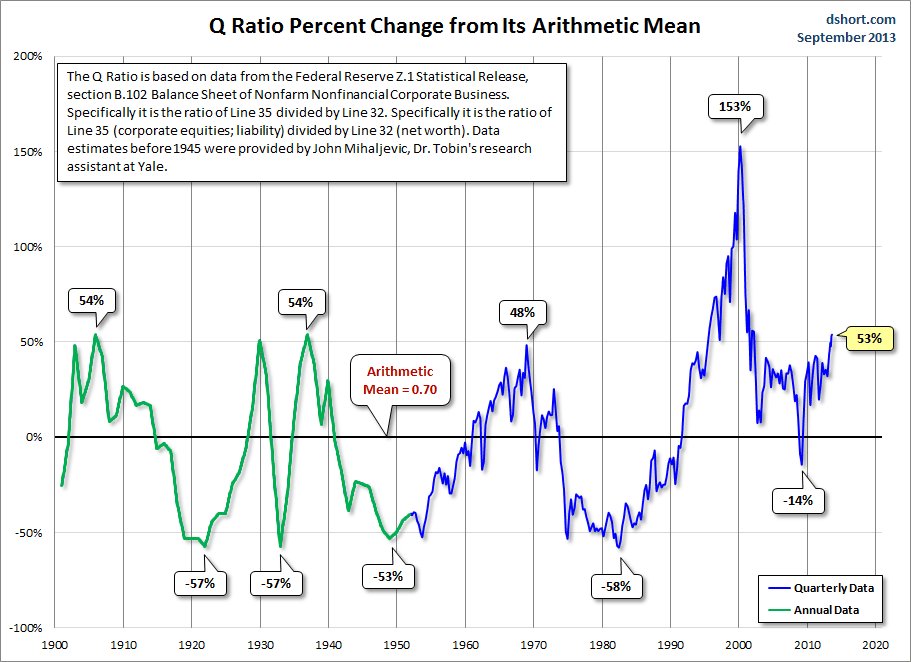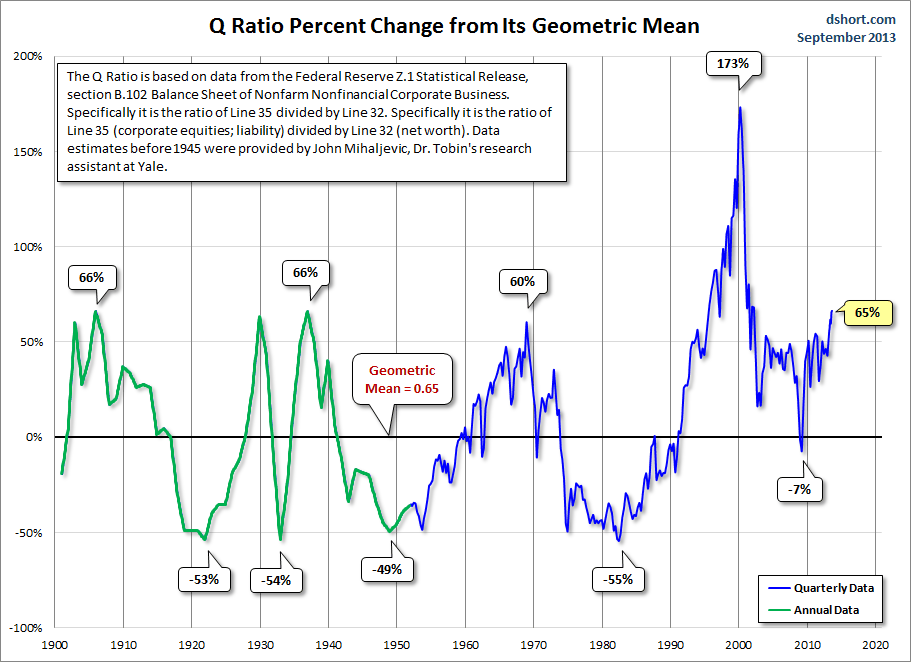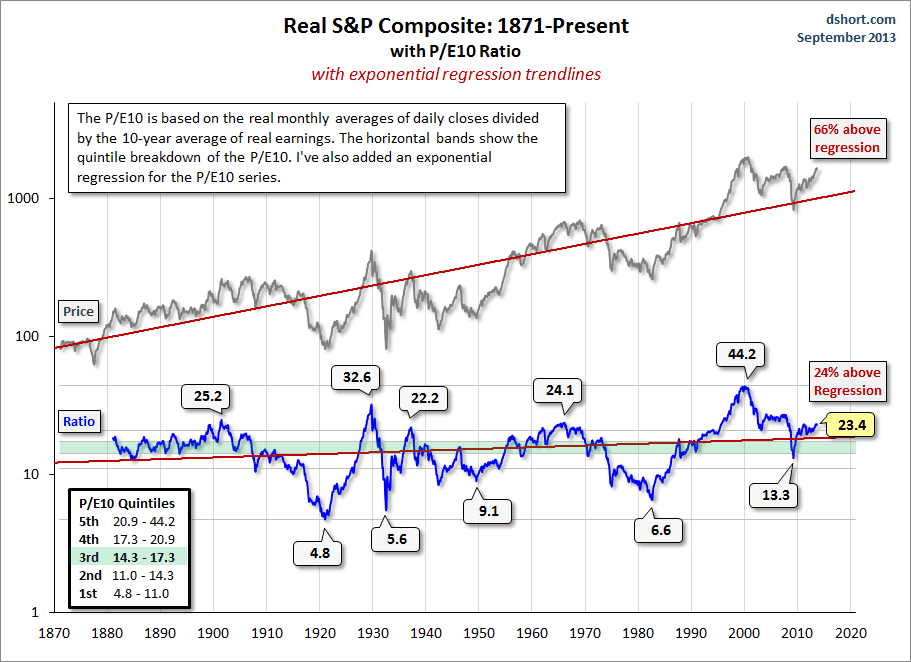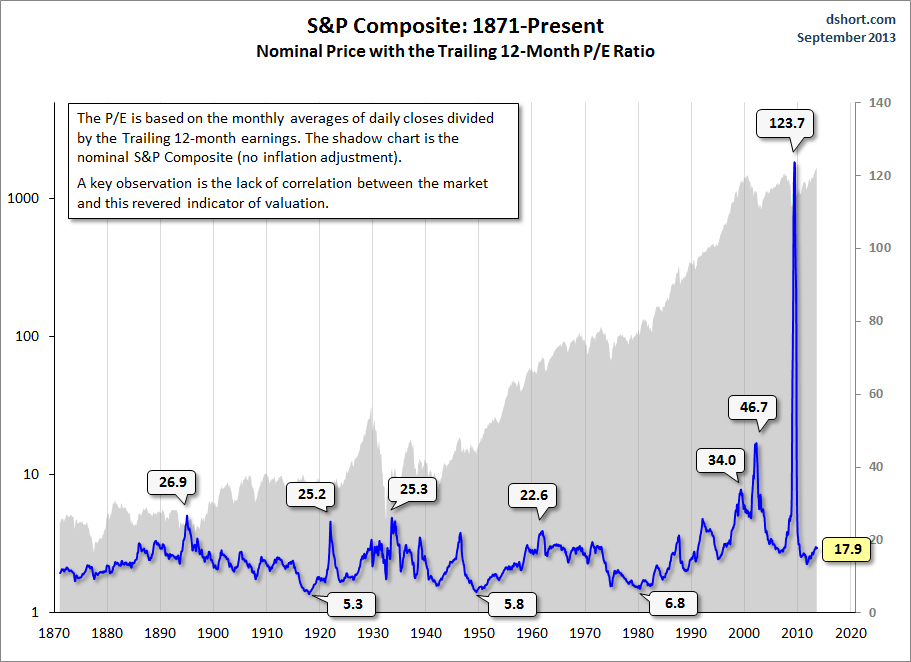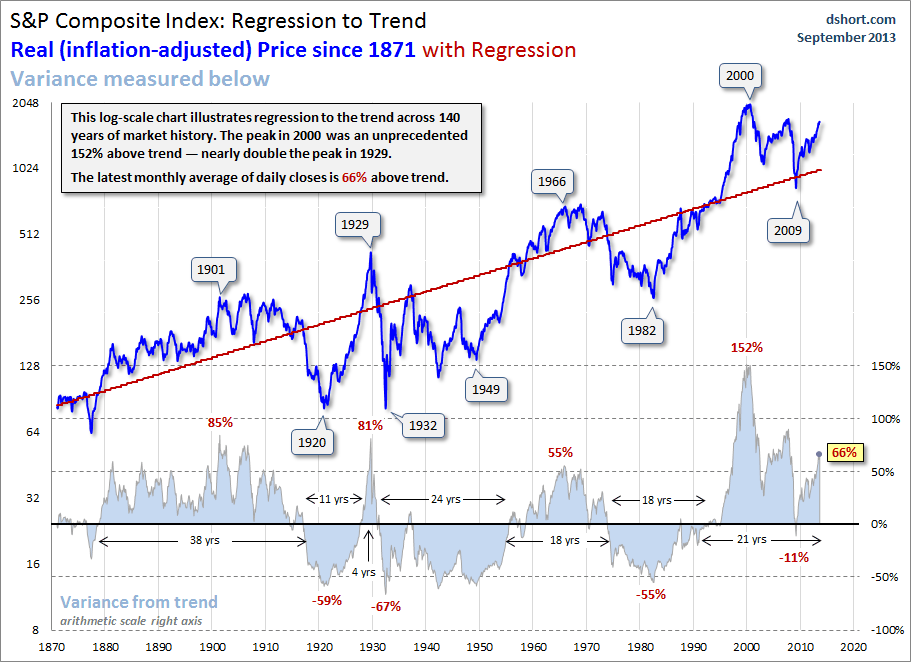
giofranchi
Member-
Posts
5,510 -
Joined
-
Last visited
Content Type
Profiles
Forums
Events
Everything posted by giofranchi
-
Agreed! Highly recommended! Actually, I have used Professor Penman's formula for calculating the PV of equity and posted the results both on the LRE's thread and on a thread about FFH. Professor Francesco Reggiani of the Bocconi University, who has written many papers together with Professor Penman and got cited in the book, is a dear friend of mine. :) giofranchi
-
Not at all!! That’s exactly why I hold investments in the companies I have great conviction about, companies that I think will do very fine (like BRK or WMT did between 1975 and 1985), whatever the market as a whole does. While I also hold some cash and some short positions, just in case great bargains might present themselves in the not too distant future. :) giofranchi
-
Bob Rodriguez 25 years experiment on Concentration
giofranchi replied to ASTA's topic in General Discussion
Packer, with this I agree 100%, and long-term I am very bullish about US/Canada. Actually, with the only exception of LRE, all my investments are in US/Canada! :) Anyway, as much as Chapter 11 might be a very useful thing and a huge advantage, I still have a very hard time trying to reconcile it with buoyant stock market valuations… As you can see in the graphs I have just posted on the Macro thread, stock market valuations right now are very rich and optimistic, if compared to what happened in the past… I know your view is the future will turn out to be much better for business than the last 100 years or so… And therefore higher stock market valuations are justified… Yet, sincerely, I don’t know… As long as Chapter 11 might be too frequently “called upon” and market valuations remain elevated by historical standards, I prefer to keep behaving conservatively. giofranchi -
-
-
Mr. Charles Gave on interest rates and growth. giofranchi Daily+9.3.13.pdf
-
Bob Rodriguez 25 years experiment on Concentration
giofranchi replied to ASTA's topic in General Discussion
Not me!! ;) giofranchi -
Bob Rodriguez 25 years experiment on Concentration
giofranchi replied to ASTA's topic in General Discussion
For all who think there is no problem in Europe, I simply invite you to come to Italy, have a nice trip for a few weeks, so that you can relax and visit wonderful places. Then, when finally recharged and with your full strengths completely restored… TRY TO DO SOME BUSINESS!! GOOD LUCK!! ;D ;D giofranchi -
Bob Rodriguez 25 years experiment on Concentration
giofranchi replied to ASTA's topic in General Discussion
Packer, are you telling me that you really know how the situation of Japanese banks was in the 1990s? How do you know if banks have or do not have a solvency issue? When any solvency issue might be hidden by liquidity for years?! Furthermore, are you telling me that you know how the true situation of Sweden was, just because you have read Mr. Fisher’s paper? Btw, as much as I respect Mr. Fisher’s work, I also have read that paper and I am sure I don’t know anything about Sweden’s situation way back then! The problem with macro is that it is so imprecise… It is really more stories than facts… Not because facts are not there… But because we have the nasty tendency to generalize… Instead, little changes in premises might very often mean big changes in outcomes… we seldom truly have all the facts that matter, therefore we seldom come to the right conclusions. To get an economic system like Japan, Europe and even the US so much into debt, you must have done basically two things: 1) To squander resources: a serious misallocation of capital. 2) To live beyond our means for many years. They both are mistakes that have already been committed. I believe we are not necessarily bound to repeat them again and again. I believe we could learn from our mistakes and improve our behavior. I don’t believe though that, once we have erred again, we might be spared from living with the consequences of our misbehavior. Until definitely proven wrong of course! And I sincerely hope I will be proven wrong! Yet, as I have said, imo it is still too early… I like to keep it as simple as that. giofranchi -
Bob Rodriguez 25 years experiment on Concentration
giofranchi replied to ASTA's topic in General Discussion
Packer, but the majority of your banks were failing firms! They were just rescued by taxpayers money! You kept them alive! Now free money and no marked to market accounting are helping them to post significant earnings increase… Maybe, and I really hope it is so, now they have learnt their lesson and are finally doing the right things… but, it is way too early to judge and, as I have said, the jury is still out! Most of all, just because Sweden “got lucky” one time, doesn’t mean it matters for the whole Europe or the US… I don’t know what Sweden did exactly, or how much its private and public sectors were indebted… If you know a good book on the subject, I would gladly read it. What I do believe is something that has nothing to do with macro. What I believe is rooted in human nature: if you have made mistakes, sooner or later you must pay for them. And, if you have let your finances get too much into debt, imo, you have made a serious mistake! Now, people say: if you enact this policy, your are going to pay for your mistake, but, if you enact this other policy instead, you won’t. Well, that is macro (or macro tourism!). Maybe, we will truly discover the philosopher stone, and from now on we won’t have to pay for our mistakes any more (Hey! Just keep getting into debt as much as you want! Don’t worry, we have the right policy to solve everything!). But, until there is evidence about that great event, I would proceed with caution and I would wait to declare victory! giofranchi -
Bob Rodriguez 25 years experiment on Concentration
giofranchi replied to ASTA's topic in General Discussion
I can't disagree with anything you said. However, perhaps I suffer from lack of imagination, but I have a hard time seeing a world where things like BAC and C are nationalized and WFC and AXP just go on, business as usual. They might have been last man standing, but perhaps not by much. I just don't believe that BAC and C go under but people keep on taking out home loans from WFC and charging dinners at Lutece on their Amex card. But who knows, that was just my fear. I think we are all more interconnected than we believe. Look at the financial crisis. A crisis in real estate touched and has continued to touch every walk of life since. Kraven, I agree. That’s why I neither invested in BAC and C, nor in WFC and AXP. Instead, I bought those businesses in which I have “great conviction”. Under the apocalyptic scenario you painted, probably they would also have gone under… even if business is among humans ever since the Phoenicians set sails on the Mediterranean Sea… probably before! :) But what about a much easier scenario to conceive: something like Japan during the last 20 years? A slow but steady decline in asset prices, or at least a prolonged stagnation… Europe is already well on its course to follow Japan… Why couldn’t it also happen to the US? Is it so unconceivable? I don’t know… anyway, I think the jury is still out! In such a scenario (and probably also in the apocalyptic one) I do believe that shrewd capital allocators would still find ways to prosper… This is what great entrepreneurs do: --Jean-Baptiste Say, around 1800 And to stick with great entrepreneurs is the policy with the greatest “convexity of outcomes” I can think of. giofranchi -
Bob Rodriguez 25 years experiment on Concentration
giofranchi replied to ASTA's topic in General Discussion
I agree. Yet, to this “convexity of outcomes” I would still prefer a “great conviction in a business”. To have great conviction in a business doesn’t mean you know everything about it. I don’t know everything about FFH, nor about LRE. Exactly as I don’t know everything about WFC, nor about AXP. Yet, I have great conviction about FFH and LRE, while I don’t share the same feeling about WFC and AXP. To have great conviction in a business, you don’t have to know everything about that business. Instead, I think you should study what works in business and what doesn’t. And just stick with those businesses that show to possess all the favorable elements. Once again: giofranchi -
Bob Rodriguez 25 years experiment on Concentration
giofranchi replied to ASTA's topic in General Discussion
Thank you, Packer! In this we actually differ… I don’t pay much attention to the consensus view or to Mr. Marks, when he says there is a bargain price for every asset… vice versa, I want to own only businesses that I reckon good businesses, led by capable and trustworthy people. In other words, I wouldn’t have invested in a textile business in the 1960s or in a newspaper in the 2000s (many other examples are, of course, available), nor I would partner with idiots or villains (with the glaring exception of Mr. Biglari, of course!! ;D), no matter the price that is offered to me. This might be a serious limitation of mine. giofranchi I am not sure I would put it that way... Instead, I think I know when my reasoning will be correct and when, instead, I am bound to make mistakes. The thing I like the best is thinking about business... After many years, I think I know when I see a good business, and when I see a good and trustworthy manager. This is the situation in which my thinking and behavior will be correct, the situation in which I know I will be able to exploit Mr. Market's errors. For instance, LRE's share price continues trending down. And I will keep buying more. No problem to do that, I am perfectly confident. Vice versa, with something like BAC or BP I know I will make mistakes. I cannot have conviction with something like BAC of BP, and without conviction I won't think clearly. In other words, let's say that I think I cannot always outsmart Mr. Market, and I try to stay in that sweet spot where I think I enjoy an advantage over it. Whenever I have tried to stray outside that circle, I have suffered bad consequences... giofranchi -
Bob Rodriguez 25 years experiment on Concentration
giofranchi replied to ASTA's topic in General Discussion
twacowfca, you already know that by “first class management” I meant exactly what you have written! ;) That is much harder for me to do… Though I understand its merit! It is just that I spend my whole life thinking about business. What works, and what doesn’t. Guess simply not much time left to become shrewd and confident enough to grab opportunities like BAC and BP… Who knows? Maybe after some time spent on this board… :) giofranchi -
Bob Rodriguez 25 years experiment on Concentration
giofranchi replied to ASTA's topic in General Discussion
That is a good objection! I demand: 1) first class management 2) good business 3) at least 10% pre-tax owner earnings yield in year 1, with an history of growth that, if sustained in future years, could lead to a compound return on my investment of 15% annual. Therefore you are right! Very unlikely to reach 25%! :) giofranchi -
Bob Rodriguez 25 years experiment on Concentration
giofranchi replied to ASTA's topic in General Discussion
Well Jay, Though it might sound a bit arrogant, I would define ME a ‘successful investor’ (17% CAGR since inception in 2005)… Packer and twacowfca, instead, are investors from a Marvel Movie!!!! ;D ;D ;D giofranchi -
Bob Rodriguez 25 years experiment on Concentration
giofranchi replied to ASTA's topic in General Discussion
Thank you, Packer! In this we actually differ… I don’t pay much attention to the consensus view or to Mr. Marks, when he says there is a bargain price for every asset… vice versa, I want to own only businesses that I reckon good businesses, led by capable and trustworthy people. In other words, I wouldn’t have invested in a textile business in the 1960s or in a newspaper in the 2000s (many other examples are, of course, available), nor I would partner with idiots or villains (with the glaring exception of Mr. Biglari, of course!! ;D), no matter the price that is offered to me. This might be a serious limitation of mine. giofranchi -
Bob Rodriguez 25 years experiment on Concentration
giofranchi replied to ASTA's topic in General Discussion
Wow! You've got us beat, Keith. Over a slightly longer period, 13.5 years, the best estimate for our geometric return is 27.5% per annum, compounded. Of course, Eric puts both of us in the shade. At one time or another since Y2K, we have had more than half the portfolio value in one of five different companies. Both Packer’s 37% annualized and twacowfca’s 27.5% annualized are extraordinary results and extraordinarily difficult for me to understand… let alone replicate! I don’t think they can be explained by the small amount of capital they have managed… whatever small capital they started with, it must have grown very large by now! In the interview Mr. Bryan describes the best risk-adjusted strategy for investing capital that I could think of: In the long run (more than 10 years) I don’t think you can keep investing only in microcaps… 1) if you are very successful, like Packer and twacowfca, capital begins to grow large, 2) even if you are extremely capable, you cannot always be right dealing with microcaps, and just a few mistakes can destroy a track-record… That’s why I think Mr. Bryan's is the best risk-adjusted strategy: concentrate on businesses that have already proven themselves, but are still small enough to triple or quadruple. And that’s what I do! But I am very far behind both Packer’s track-record and twacowfca’s… So, am I stupid? Do you think such an outperformance can be explained simply by Packer’s and twacowfca’s superior brainpower? I know they both are extraordinarily gifted practitioners of value investing, but it seems hard to believe they do what I do, yet they just do it so much better…! Or maybe, have they a strategy that is much more effective than Mr. Bryan’s on a risk-adjusted basis? If so, please tell me! Share your secrets with the rest of us!! :) giofranchi -
A friend of mine sent me the link to this wonderful video. If you haven’t already done so, watch it! You won’t regret it. It is time very well invested! :) http://www.youtube.com/watch?v=ExGsvl7k55Y&desktop_uri=%2Fwatch%3Fv%3DExGsvl7k55Y&nomobile=1 giofranchi PS Of course, you need to turn English subtitles on!
-
Of course, among the classics I forgot to mention Bob Dylan!! The true Shakespeare of our times. His “Another Self Portrait (1969-1971): The Bootleg Series, Vol.10” is just out. Don’t miss it! Cheers! :) giofranchi
-
giofranchi
-
"Free Money vs Growth" by Charles Gave --Charlie Munger giofranchi Daily+8.26.13.pdf
-
Hi Jeff, here, in no particular order, are the “classics” that I reckon required readings: VICTOR HUGO: “Les Misérables”, “Ninety-Three”, “The Man Who Laughs”, most of all “William Shakespeare” and “The Toilers Of The Sea”, which I think are his true masterpieces. CHARLES DICKENS: “David Copperfield”, “A Tale Of Two Cities”, “The Chimes”, “Great Expectations”. LEO TOLSTOY: all his Christian tales, “Chadzi-Murat”, “What Is Art?”, “Resurrection”, I know he is famous for his novels, like “War And Peace” and “Anna Karenina”, but my four selections are what I like the best and what I continue to reread time and time again. FEODOR DOSTOYEVSKY: “The Brothers Karamazov” and “Demons”. FRIEDRICH SCHILLER: “The Robbers”. FRIEDRICH NIETZSCHE: “The Birth Of Tragedy”, “The Gay Science: With A Prelude In German Rhymes And An Appendix Of Songs”, “Thus Spoke Zarathustra”. GUSTAVE FLAUBERT: “Salambò”. JOSEPH CONRAD: “Typhoon” and “Youth: A Narrative”. WILLIAM BUTLER YEATS: “The Collected Poems” and “The Celtic Twilight”. PABLO NERUDA: “The Essential Neruda: Selected Poems”. ANNA AKHMATOVA: “The Complete Poems Of Anna Akhmatova”. WALT WHITMAN: “Leaves Of Grass”. FRANCIS SCOTT FIZGERALD: “The Great Gatsby”. J.R.R. TOLKIEN: “The Lord Of The Rings” and “The Silmarillion”. GABRIEL GARCIA MARQUEZ: “One Hundred Years Of Solitude”. SENECA: “Dialogues And Essays”; EPICTETUS: “The Handbook”; MARCUS AURELIUS: “Meditations”; NICCOLO’ MACHIAVELLI: “The Prince”; DAVID HUME: “Selected Essays”; ADAM SMITH: “The Wealth Of Nations”; RALPH WALDO EMERSON: “The Essential Writings”; BENJAMIN FRANKLYN: “Poor Richard Almanack” and “Autobiography”. More recently I have really enjoyed the “American Trilogy” by PHILIP ROTH: “American Pastoral”, “I Married A Communist”, and “The Human Stain”. --Friedrich Schiller giofranchi
-
I spent the last 15 days reading “River of Stars”. You know, I think I have read quite a few novels in my life. I have read every novel by Dickens, by Hugo, by Tolstoj, and by Dostoevskij, every single novel they have written. I have read Conrad, Flaubert, Fitzgerald, and I have read every play by Shakespeare. And I have read quite a bit of philosophy too: from Seneca to Hume, from Machiavelli to Nietzsche. I have even read the sacred tests of almost all religions: from the Bible to Lao-Tzu, from Confucio to the Dhammapada and the Hagakure. I love poetry (Yeats, Neruda, Achmatova, etc.). Yet, I don’t think I am exaggerating, if I say that in Canada today lives one of the greatest poets and novelists of all times, and his name is Guy Gavriel Kay. “River of Stars” is an epic tale that goes well beyond storytelling: it is deeply rooted in history, it is touchingly poetic, and it is a sort of treaty on warfare. And warfare is all about risk-management, so, as weird as it might sound, this novel could be read both as a poem and as a treaty on risk-management! By the way, I remember that also Mr. Taleb, in one book of his, writes about an encounter he had with some generals of the US Army. And he tells how impressed he really was by the profound understanding those people showed to possess about risk and how to manage it! I cannot recommend “River of Stars” strongly enough. His most thoughtful work to date. giofranchi
-
"Of Dynamite Fishing and Whales" by Charles Gave giofranchi Daily+8.21.13.pdf

